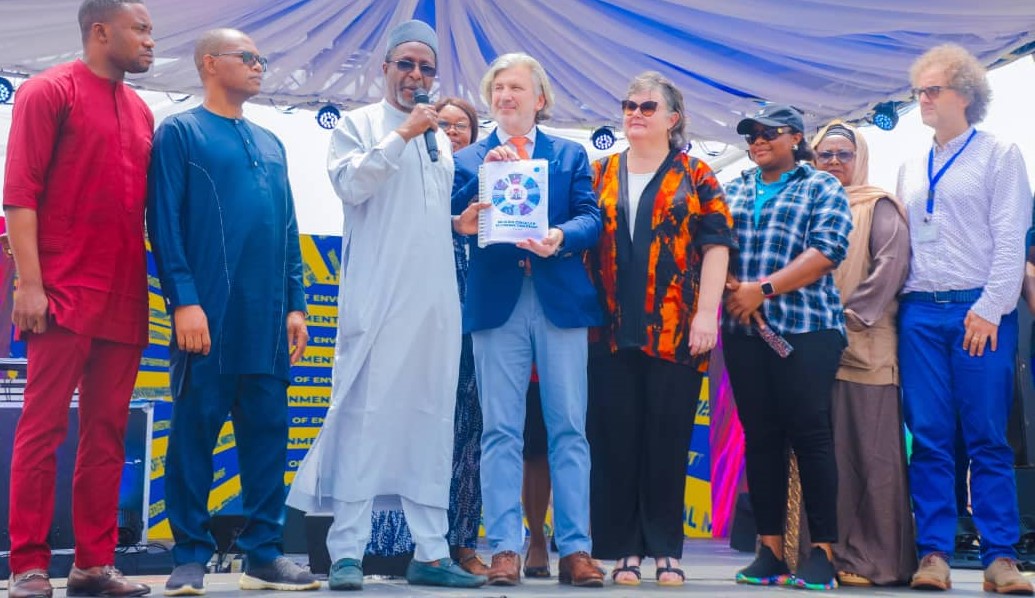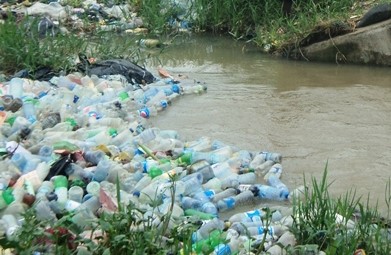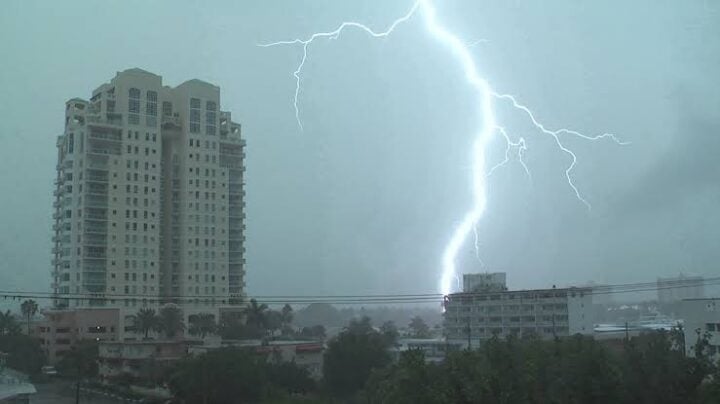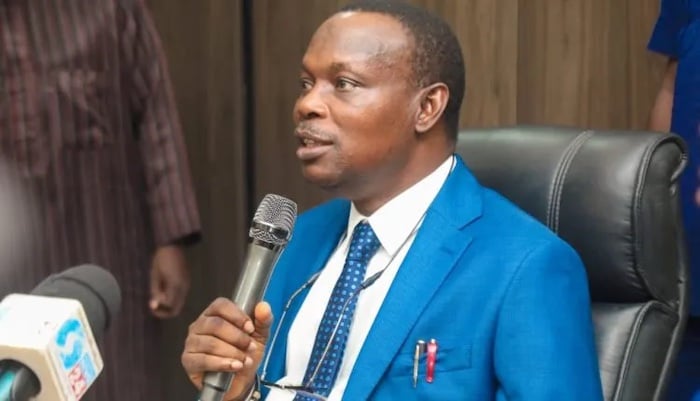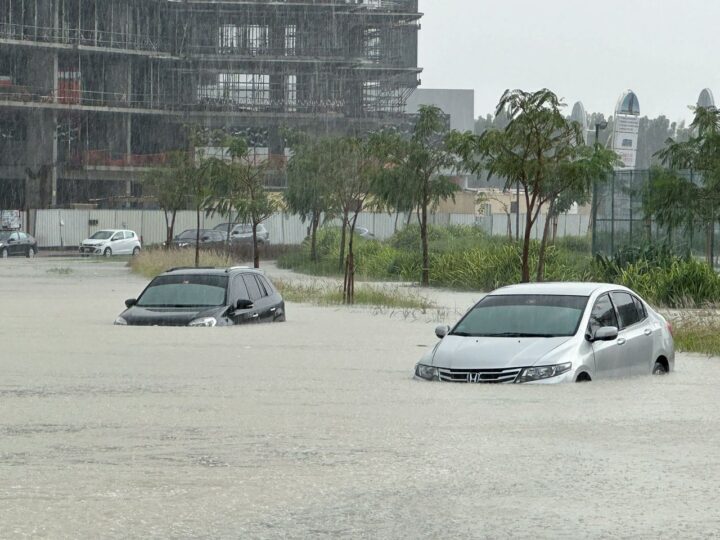When he returned from Canada after his studies to begin the National Youth Service Corp (NYSC) scheme in 2023 and to also enroll for his master’s degree, Mayowa Balogun finally found an opportunity to realise his dreams of turning plastics into valuables.
The 30-year-old entrepreneur created a means of livelihood for scavengers through Loritem Recycle Limited, a company he founded in 2021, a few years before his return to Nigeria.
Like every other Nigerian youth with hopes, aspirations and a quest for a better nation, Balogun, after getting a degree in economics at the University of Windsor, Ontario, Canada, veered into plastic recycling business with the intent of mirroring the lifestyle he was used to in the north American country.
It’s the kind of lifestyle where government and residents take responsibility for their plastic waste, where residents take their plastics to a pick-up point to be recycled or separate them in their waste bin within their estates.
Advertisement
But Balogun was hit with the realisation of a sloppy system; neither did he envisage the huge loss awaiting him.

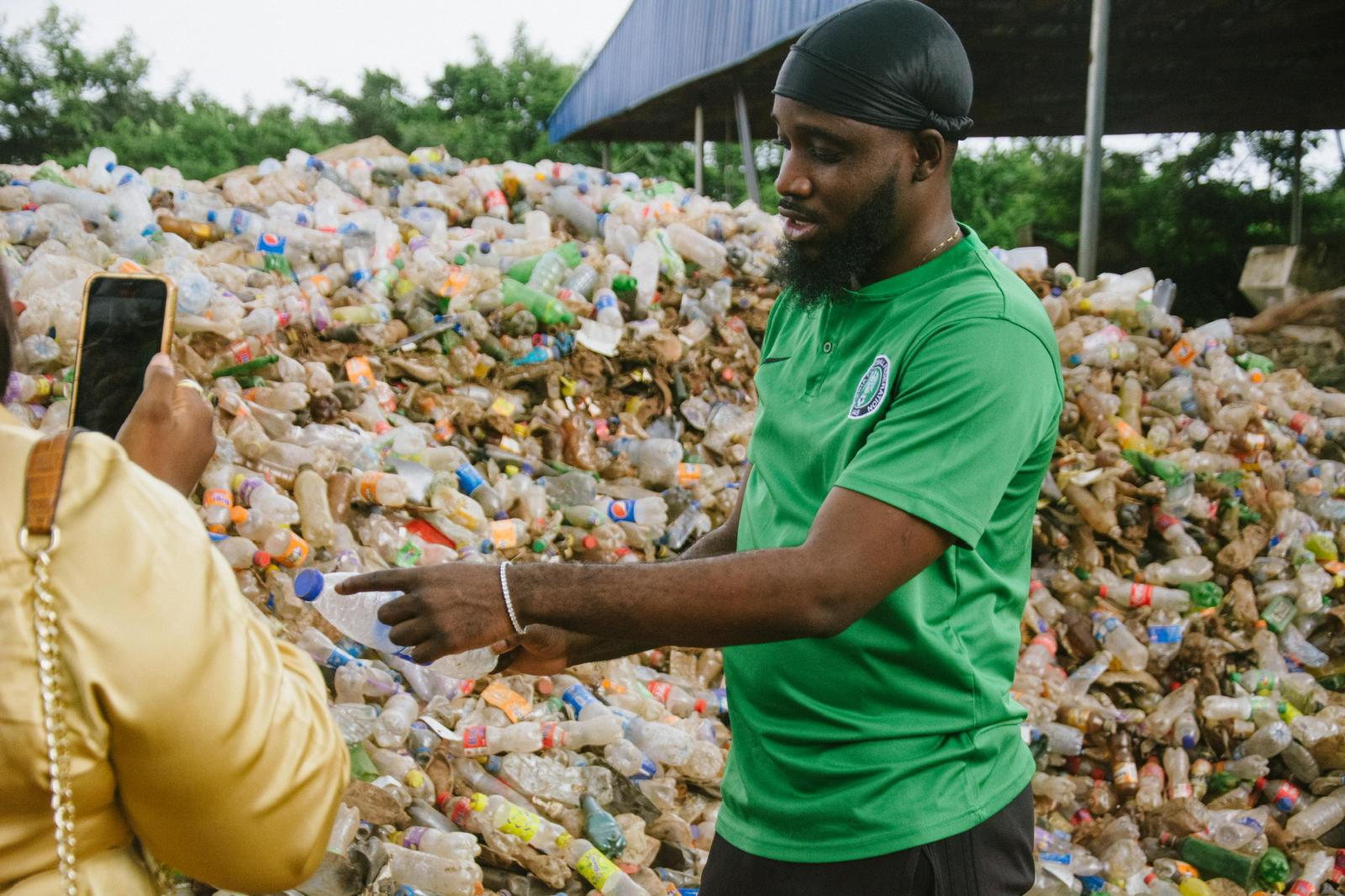
“So, I used to live in Canada. I moved back to Nigeria officially last year January to do my NYSC and get my masters. I started the business in 2021. The best thing you can do as an entrepreneur is to start something that can create value and make you money at the same time, and recycling checked the box, especially to make the country cleaner and the world a better place to live,” Balogun told TheCable.
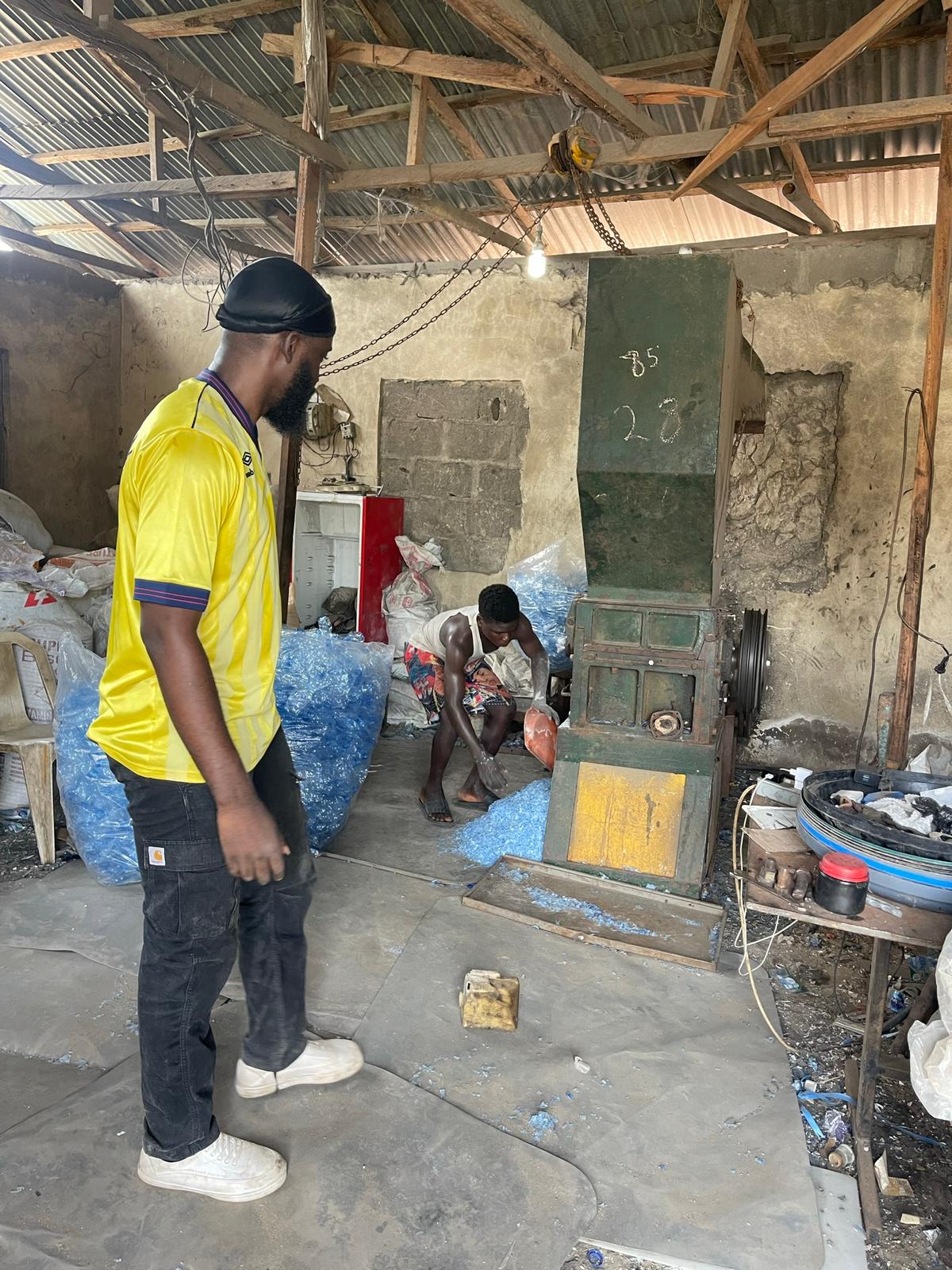
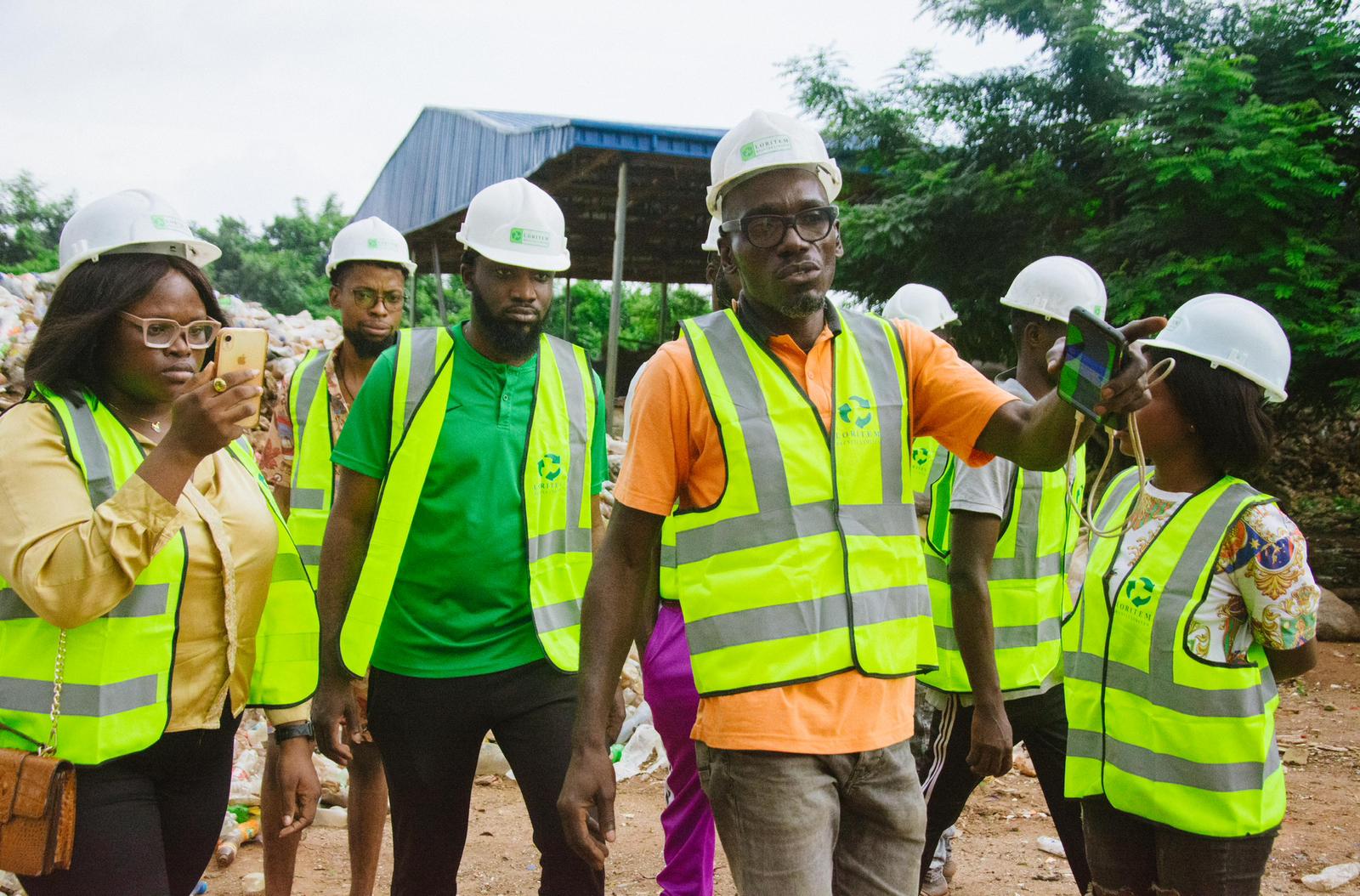
“When we started, we bought a lot of waste from these scavengers. They put water in the bottles to make them weigh more. We lost a lot of money in the first couple of months. Over time, we became wiser in the business and started inspecting the plastics.”
Advertisement
Rather than relent, Balogun learned the craft of the industry and became an employer of labour. He has over 300 employees benefiting from plastic recycling, and as well helping the country boost its foreign reserve as an exporter.
“A lot of them were jobless; we give them jobs as opposed to sitting at home. Some of the women are from the internally displace person (IDP) camps and they look forward to the jobs every day. They make little tokens from sorting plastics. So, there is a lot for one to gain. Also, from exporting the recycled plastic we are earning foreign exchange (FX) for the country. It gives me joy that I am creating such value,” he said.
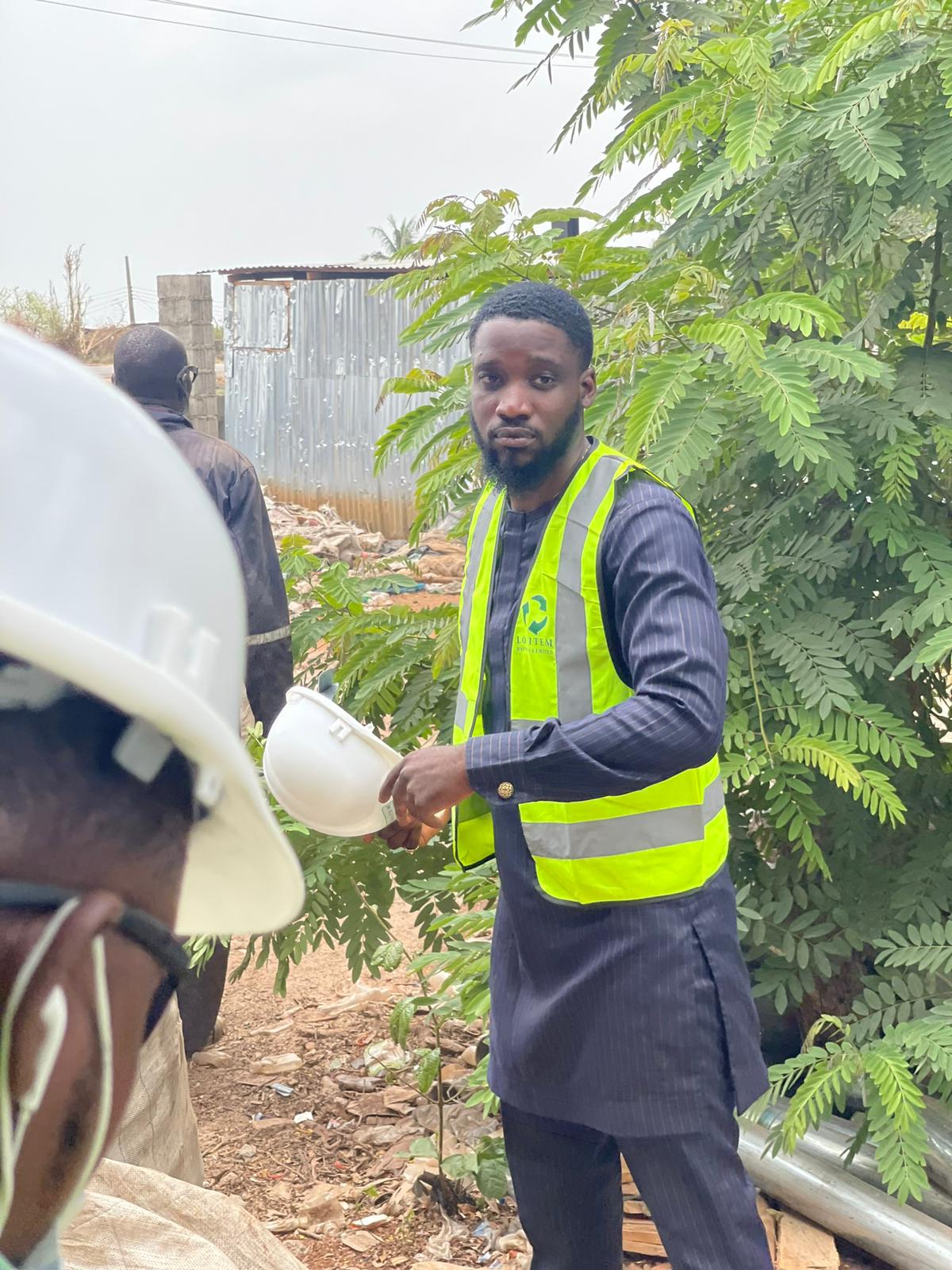
“There is no system in place for recycling in Nigeria. An average person who wants to be cautious has no place to drop the bottles for it to be picked up and not end up in the landfills. So, government needs to step in and make regulatory changes to make it easier and more mandatory to make people recycle.
“In Canada, you can’t put your plastics in the same trash. There is a blue can for it. If you mistakenly leave your plastic bottles in the same can as your trash, it will not be picked. So, you can see how these countries have a system which is working for them. It takes a lot of time, but I believe we can get to that.”
Advertisement
PLANET VS PLASTICS
Balogun often drives around Lagos, from house to house, asking to pick up their plastics. He said what he recovers from them most times is only about 50 bottles.
Given the nature of the business, a kilogramme of polyethylene terephthalate (PET) bottles from scavengers is bought for N100. For a company like Loritem to purchase just enough to recycle, it could cost more than N100,000 worth of plastic bottles for just one ton.
At times, due to the high demand for recyclable plastics and proliferation of new companies, the price of plastics tends to go higher as new companies offer more money to scavengers. But Balogun believes that the easiest way to incentify people is to make them see value in recycling plastics.
Advertisement
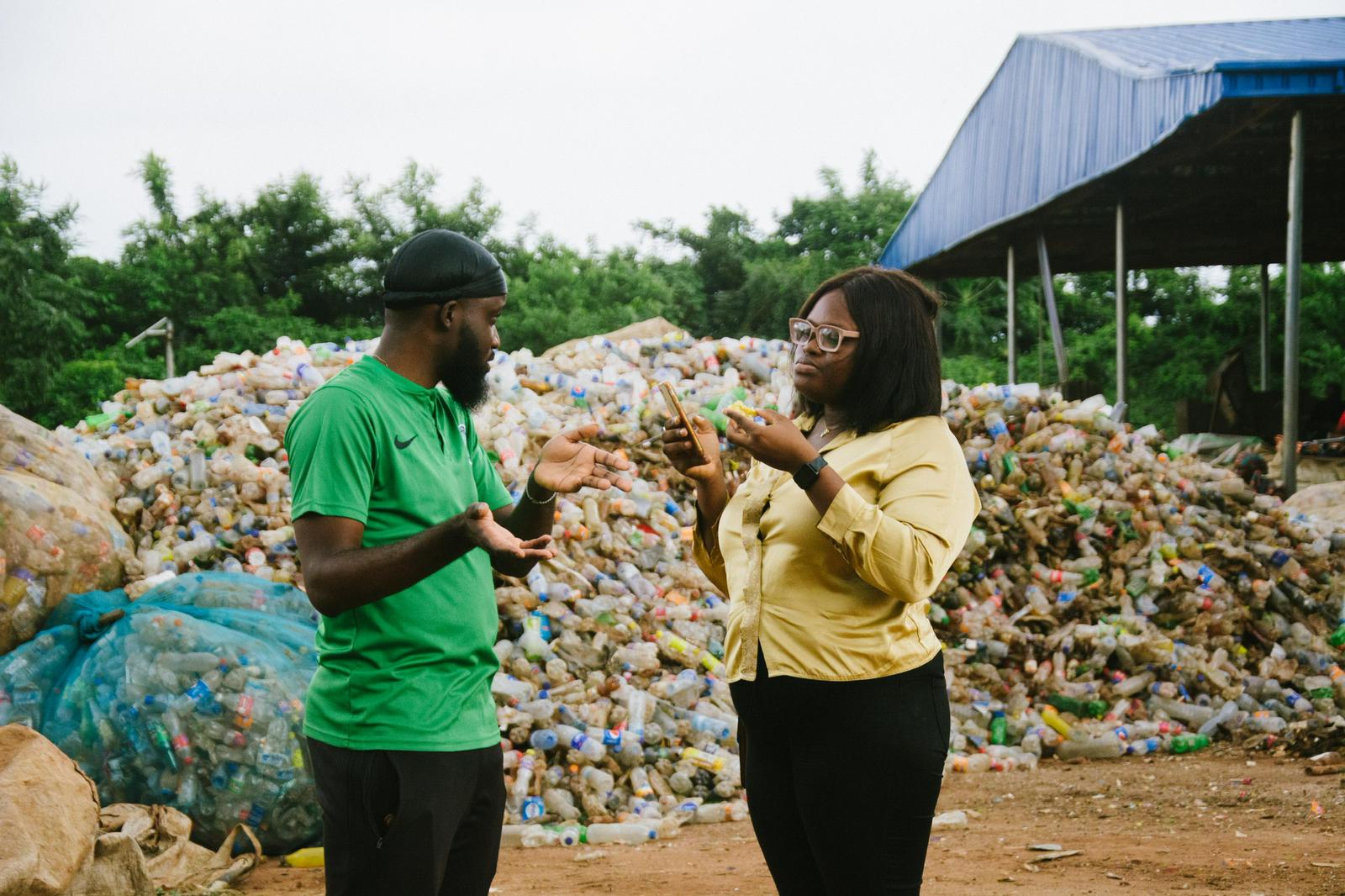
As novel as it may sound, not all PET bottles are easy to recycle. Balogun said only the clear plastic bottles are recyclable as the other ones are “stained” (They have additional chemicals, hence their value has reduced).
“One of the easiest ways for government to incentify plastic collection is to make people see value in recycling. Most of the companies we sell to are foreign-owned companies in Nigeria, most of which are India or Chinese. Because of that, dollar fluctuation and price of oil affect the pricing,” he said.
Advertisement
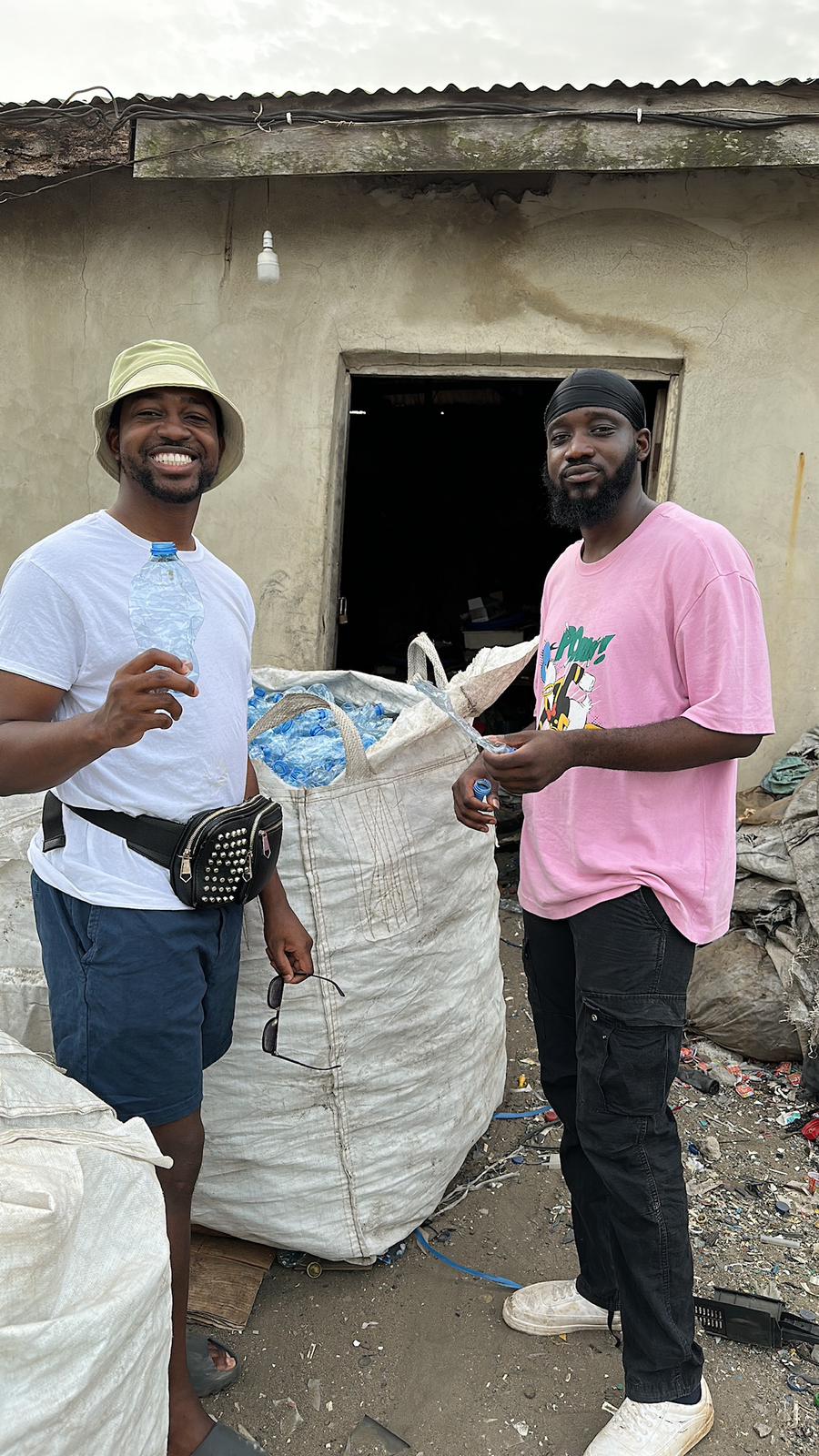
“A lot of companies have tried the system where the pay individuals for their plastics. That system is inefficient. We buy per kilogram. Imagine buying 50 bottles from individuals and offering them just N100. Because we understand the economic situation in the country, what we do is to allow those we know that are on the poorer side of the society to bring their plastics to the company and get paid just to help them.”
The cost of running on diesel for a start up like Balogun’s can be exasperating, but he kept at it, with some of his offices running on diesel in the outskirts of Abuja, Lagos Ijebu (Ogun state), Iyana Ipaja (Arebo) where there seem to be cheaper access to labour and land.
Advertisement
The value Balogun creates transcends to his work. He would engage in corporate social responsibility (CSR) to beaches, where he cleans and recycles the plastics, in order to reduce the amount of plastic pollution in our environment.
“We also do some CSR initiatives, which we do not recover a lot from. That’s why we engage the scavengers. It’s not something we can scale up. Once a year, we carry out beach clean-ups too,” he added.
Advertisement
“The reason we had to go that far is to get somewhere we can get cheaper land. So, we had to go to the outskirts. Having a factory in places like Lekki might be very difficult and expensive for us. That is why we chose those remote areas to also have easy access to labour.”
TURNING WASTES TO PLASTICS
Due to his inability to afford some machinery to convert the recycled plastics into other materials like bottles, fibers, and marbles, Balogun came up with the idea of exporting the crushed plastics to bigger companies that have the capacity to convert them into other products.
It is usually a whole lot of process for Balogun when the plastics are recovered, washed and sorted to separate the coloured bottles from the plain ones, the rim and the labels. At the end, only the bottle goes through their system.
Financing and an enabling environment have been a major blow for companies like Loritem.
Balogun said he has been in conversation with stakeholders, government agencies and the United Nation (UN) for a working system where recycler like him can have collection points to pick up plastics from households.
“We are not requesting much or money. All we want is just for a working system where we can easily pick up plastics from estates for recycling, rather than allow them go through the landfills before they are recovered. To make it easier for us, we put out our number on Instagram to encourage people to call us for pick-ups,” he said hopefully.
“We do not go into the full process of penitising — blowing hot air into crushed plastics. We stop at crushing and sell to bigger countries in Europe that have the machinery to process them into other things. These companies can turn them to bricks, plastic bottles, fibers etc. There are so many things that can be gotten from plastics. The easiest is bottle to bottle. Right now, we just export to companies.
“For you to sell one chunk of clear plastic, you need to buy about 5 tons. We run on diesel and right now, the price of diesel is N1,400 to N1,600. We pay our workers per kilogramme. Sometimes, people come into plastic recycling with a lot of energy, which causes the price to go higher due to demand. If scavengers are selling at N120, the new companies sometimes offer to buy at N150. But a lot of those companies fold up when they find out that the profit margin are kind of slender.”
Above all, as we mark the World Earth Day, Balogun wants Nigerians to imbibe the consciousness of plastic waste reduction by thinking of recycling.
“In Nigeria, we recover just about 10% of plastics that make it to the landfills (one out of 10 bottles); and by the time they are recovered, they are already battered. So, we need a lot of support from Nigerians, NGOs and government agencies,” he concluded.
Add a comment
